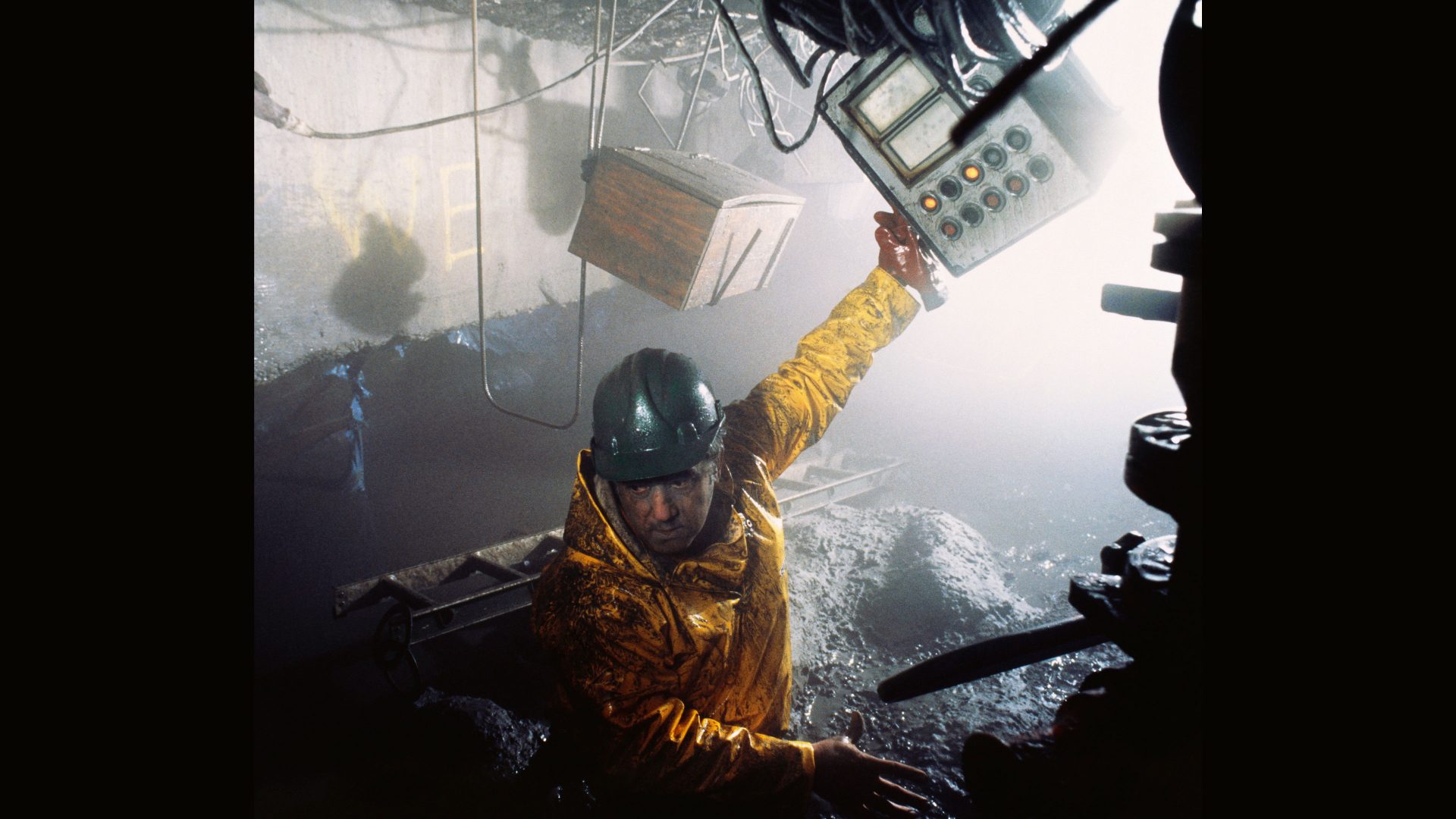Six years after it was won and 17 months after it was ‘done’, Brexit is still all-consuming. In political terms, it takes up huge amounts of so-called bandwidth – the ability of the government to get things done.
Governments have to use their bandwidth wisely. Those which try to reform the NHS, rebalance the economy, improve social care, change the electoral system and revolutionise schools all at once, will fail because no one has the time to force through all the changes in all those areas. That is why governments tend to concentrate on a few top priorities at a time; better to get one major reform right than fail at five or six.
The trouble for this government is that having lost more than two years to Covid, it has emerged from the other side with nearly all its energy absorbed by one major issue – Brexit. It is the cuckoo in the nest that must be fed at all hours and at all costs. For a start, there are those government departments that deal with Brexit and little else.
When Jacob Rees-Mogg is not visiting Dover to tell people that implementing the import checks that his government negotiated would be an “act of self-harm”, he is the minister for Brexit Opportunities and Government Efficiency. This must be a pretty thankless task since the latest research found that the downsides to Brexit outnumber the upsides by 178 to one. But Mr Rees-Mogg carries on cheerfully following the dream.
Then, of course, there is the Foreign Office. Not only does the department have to battle with the huge task of reorganising the UK’s role in the world, but by some strange quirk of fate, when Liz Truss arrived to take over at the FCO she also acquired the responsibility for dealing with Northern Ireland.
It was a hint that the foreign secretary would be spending an awful lot of her valuable time discussing rules on the importation of bacon butties into Northern Ireland from the UK – not something any previous government has had to spend much bandwidth on, but now near the top of this one’s agenda.
In fact, it is so near the top that the government wants to spend a great deal of time and political effort driving a coach and horses through the Northern Ireland Protocol. The rationale behind this desperate attempt to breach international law and tear up a treaty it negotiated only two years ago, is that the deal it agreed to is so bad that it needs re-negotiating already.
So, far from moving on from Brexit, the government is going to have to start again and try to persuade the EU to ignore the provisions it spent years agreeing on or persuade the EU to start over. Or break the treaty and risk a complete collapse of its new relationship with the whole of the European continent.
Start a trade war with your largest market and you’ll soon find that the days just aren’t long enough. The lights will burn late in Whitehall if that comes to pass.
Then, of course, the Department of International Trade is responsible for trying to agree new trade deals which will in some small way make up for the loss of trade with the EU which is the natural consequence of Brexit. That this is a mathematical impossibility does not stop the PM and many other ministers spending vast amounts of time and taxpayers’ money trying to negotiate them.
Meanwhile, the home secretary is also spending a lot of time abroad at the moment. Apparently, the answer to the problem of asylum seekers getting into the UK from France is to visit Rwanda. Setting up a processing centre and office in Calais, something any sensible junior civil servant could do in a weekend with some collapsible tables and a laptop or two, does not seem to have occurred to Priti Patel. Well, it may have but she cannot be seen to make simple common-sense deals with France.
You might have thought that some of the limited bandwidth available to the Home Office might have been better spent on sorting out the huge queues and delays at the UK’s borders. But no, so long as Nigel Farage tweets from the White Cliffs of Dover about floods of foreigners, the home secretary will have more pressing things to do.
So too, it seems, do the fine folk at BEIS, the Department for Business, Energy and Industrial Strategy. The energy part of its remit alone should be a full-time job now that fuel prices are soaring. But, yet again, Brexit is on hand to provide better things for the ministers and their civil servants to spend time on.
The excellent chemical industry regulation system REACH, run by the EU, has had to be reinvented. Luckily this almost literally involved Ctrl-C, to copy all the rules and regulations, and Ctrl-V to paste them into the UK’s own, pointless system. Unluckily, the industry calculates the cost was a cool £1bn.
Likewise, the widely recognised and respected CE testing system, which makes any and all products saleable across the continent if they meet EU safety standards, is to be duplicated with a British version. Even though the standards are currently identical in the UK and the EU, the British government is going to force every company to retest and rebrand everything it makes. The cost, waste and red tape are huge, the gains non-existent. Little surprise then that the rumours are the plan would be quietly dropped, if not for the fact that Number 10 thinks it is a flagship policy and must survive.
Elsewhere, the Ministry of Defence is Brexit-proof – except that the economic damage caused will squeeze its budget – but pretty much every other department is wasting time and effort on trying to reinvent the wheel.
The Department for Education is trying to get the UK back into the Horizon scheme, blocked because of UK foot-dragging in other areas and setting up the Turing scheme, a poor man’s Erasmus+.
The NHS has had to change from accepting huge numbers of European doctors and nurses to finding them elsewhere. But it’s not as if it has had anything else to do for the last two years.
The Northern Ireland Office does little else but worry about its very own protocol. However, the elephant in the room is the Treasury.
What are they doing in the Treasury if not counting the cost of Brexit? Lost growth equals lower tax takes, unregulated borders mean uncollected VAT, less foreign investment means lost revenue and lower productivity. Brexit has cost a fortune and the Treasury either has to impose huge new cuts on a tottering government, or borrow more or tax more. In fact, it seems to be promising all three.
But the real cost of Brexit eating up the bandwidth of government is not the lost revenue, red tape, pointless duplication or wasted civil service time. It is that this government has not got a great plan.
It is spending every day and many of its resources trying to make Brexit work.
The cabinet could be reforming education and training, putting productivity front and centre of all its efforts, fixing the NHS and care systems, spending more on defence, mending bridges with Brussels. But it doesn’t have the time or energy left to do any of those things. The bandwidth has been used up on Brexit.




